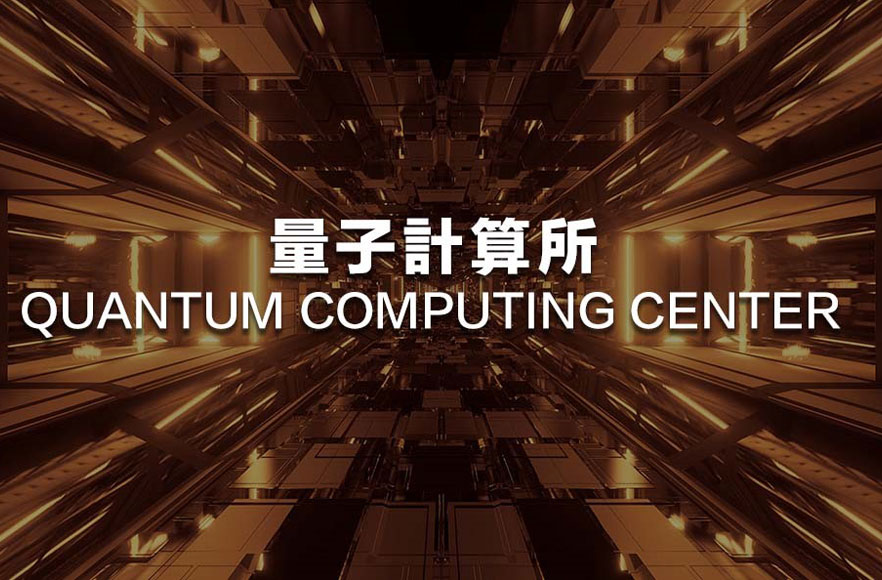| Time: Nov 19, 10:00-11:00 (Taipei Time) |
| Speaker: Qi Gao ( Mitsubishi Chemical Corporation Science & Innovation Center) |
| Title: The use of quantum computing for studying chemical reaction in lithium air battery and excited states of OLED materials. |
|
| Reference: |
| Gao, Q.; Nakamura, H.; Gujarati, T. P.; Jones, G. O.; Rice, J. E.; Wood, S. P.; Pistoia, M.; Garcia, J. M.; Yamamoto, N., Computational Investigations of the Lithium Superoxide Dimer Rearrangement on Noisy Quantum Devices. J Phys Chem A 2021, 125 (9), 1827-1836. |
| Gao, Q.; Jones, G. O.; Motta, M.; Sugawara, M.; Watanabe, H. C.; Kobayashi, T.; Watanabe, E.; Ohnishi, Y. Y.; Nakamura, H.; Yamamoto, N., Applications of quantum computing for investigations of electronic transitions in phenylsulfonyl-carbazole TADF emitters. Npj Comput Mater 2021, 7 (1). |
|
| Biography: |
| Qi Gao has a M.Sc. in Biomolecular Engineering and holds a Ph.D in Biological Resources and Informatics from Tokyo Institute of Technology, Japan. During his Ph.D. Dr. Gao developed an FMO (Fragment Molecular Orbital)-based ab initio method for accurately predicting chemical shifts of large biomolecular systems in short time through using supercomputing resource. He joined Mitsubishi Chemical Corporation Science & Innovation Center in 2007, Japan, as theoretical researcher for ionic liquids, liquid electrolytes, organic light emitting diode materials and polymers simulations. While there he also played an important role in the validation of polarizable force field to accurately predict thermodynamic, structural and transport properties of ionic liquids. In 2018 with the participation of Mitsubishi Chemical Corporation to the IBM Q Network Hub at Keio university, Dr. Gao became a senior chief scientist at Mitsubishi Chemical Corporation and a project researcher of the IBM Q Hub at Keio. His activities at IBM Q hub is to test advanced quantum methods such as quantum chemistry and quantum AI to find areas where quantum computing could make a practical contribution of general utility in chemistry. |

